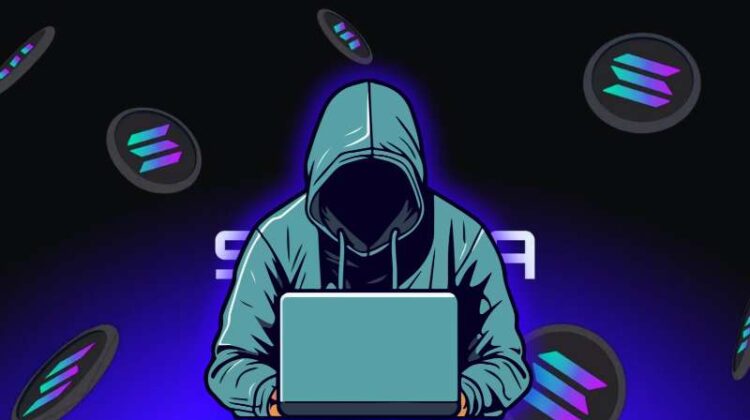
The Solana Foundation recently revealed a serious vulnerability in its privacy-enabled token mechanism, one that could have severely impacted the ecosystem. The flaw was found in the ZK ElGamal Proof module, specifically affecting Token-22’s confidential transfers, and did not touch the standard SPL tokens or the core logic of the Token-2022 framework.
Core issue on Solana: zero-knowledge proof implementation
This security gap was rooted in how Zero-Knowledge Proofs (ZKPs) were integrated. ZKPs are advanced cryptographic tools allowing a transaction’s validity to be verified without exposing private details like sender, receiver, or token value. While essential for privacy, this was where the error was embedded.
According to the Foundation, the issue involved omitted algebraic terms in the hashing phase during the Fiat-Shamir transformation—a critical process that makes proofs non-interactive. This oversight made it possible for an attacker to forge proofs that would pass on-chain validation undetected.
Worst-case scenario: unbounded tokens and unauthorized spending
If exploited, this flaw could have let bad actors mint infinite tokens or siphon funds from other accounts. The impact could have been catastrophic for Solana’s reliability and user confidence.
Fortunately, the vulnerability was discovered early, and there is no indication that anyone took advantage of it. The Solana Foundation confirmed that all assets remain secure and untouched.
The first sign of trouble surfaced on April 16, when Anza’s security team issued a GitHub advisory along with a functional proof-of-concept. This alert triggered immediate action by engineers from Solana, Anza, Firedancer, and Jito, who validated the problem and launched rapid mitigation steps.
On April 17, the first patch was deployed to validator nodes. Later that day, a second fix was pushed to address a related issue elsewhere in the code. All patches were reviewed by three external auditors: Asymmetric Research, Neodyme, and OtterSec.
Swift coordination and no disruption to users
Thanks to quick action and inter-team transparency, most validators had implemented the necessary updates by April 18, drastically lowering the exploit risk window.
In a post-mortem shared afterward, the Solana Foundation confirmed there were no breaches or fund losses. Still, the situation underscored the value of robust security and real-time oversight—especially for features like private token transfers.
Token-22: cutting-edge design faces scrutiny
Token-22 aims to offer sophisticated privacy capabilities by encrypting token values and applying ZKPs. Yet this complexity introduced a subtle but critical vulnerability.
The flaw did not touch standard SPL tokens—still the network’s dominant token type—nor did it undermine the base Token-2022 logic. This indicates the bug was limited to a modular extension, narrowing its scope and impact.
A broader lesson for blockchain developers
This event sends a clear message to the crypto world: as technologies grow more advanced, so too must the safety measures that support them. ZKPs are powerful, but their complexity demands rigorous implementation and testing.
The prompt, coordinated effort by Solana and its partners showed how swift responses to security risks can avert crises and strengthen trust in decentralized systems.
Final Thoughts: security strengthened, confidence preserved in Solana
Despite how dangerous this flaw might have been, the Solana Foundation reacted decisively and transparently—qualities that help sustain community trust.
Collaboration between internal developers and independent researchers neutralized the bug before it could be weaponized, keeping the platform safe.
This case reinforces how vital proactive security is in an evolving blockchain landscape. As innovation progresses, so do potential threats—and only through readiness and expertise can ecosystems like Solana continue to thrive.
